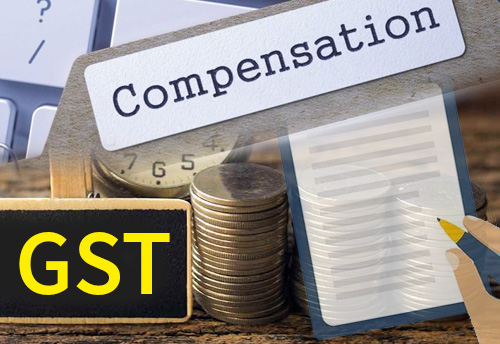
GST Compensation States Act 2017
The adoption of the GST was made possible by the States ceding almost all their powers to impose local-level indirect taxes and agreeing to let the prevailing multiplicity of imposts be subsumed under the GST. While the States would receive the SGST (State GST) component of the GST, and a share of the IGST (Integrated GST), it was agreed that revenue shortfalls arising from the transition to the new indirect taxes regime would be made good from a pooled GST Compensation Fund for a period of five years that is set to end in 2022. This corpus in turn is funded through a compensation cess that is levied on so-called ‘demerit’ goods.For the 2020-21 fiscal year, the revenue shortfall has been anticipated at Rs.3 lakh crore, with the Compensation Fund expected to have only about Rs.65,000 crore through cess accruals and balance to pay the compensation to the States.